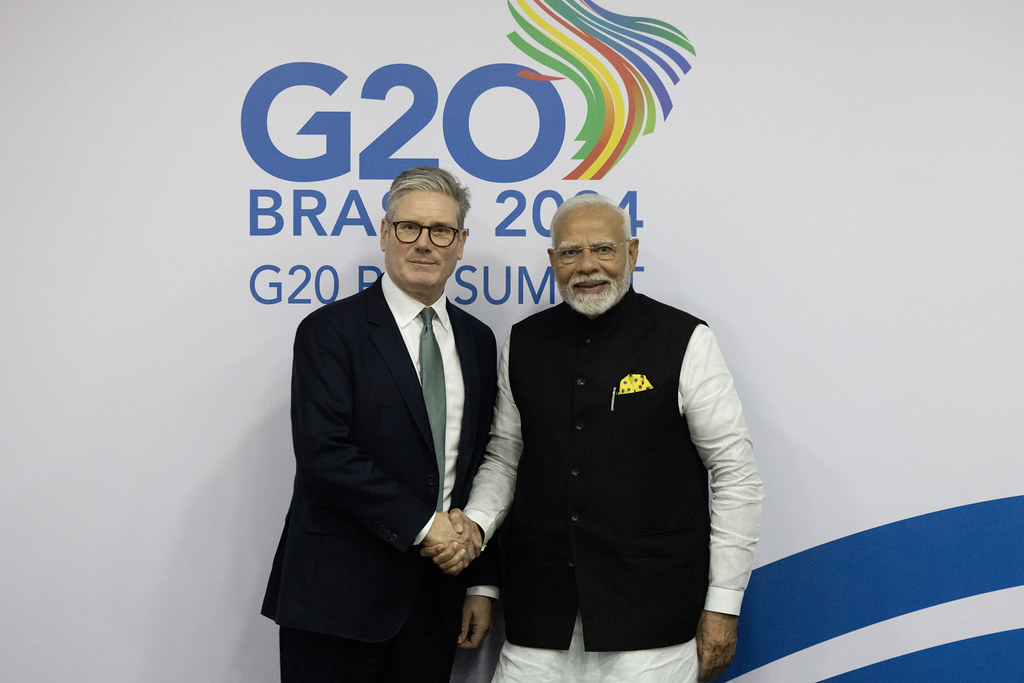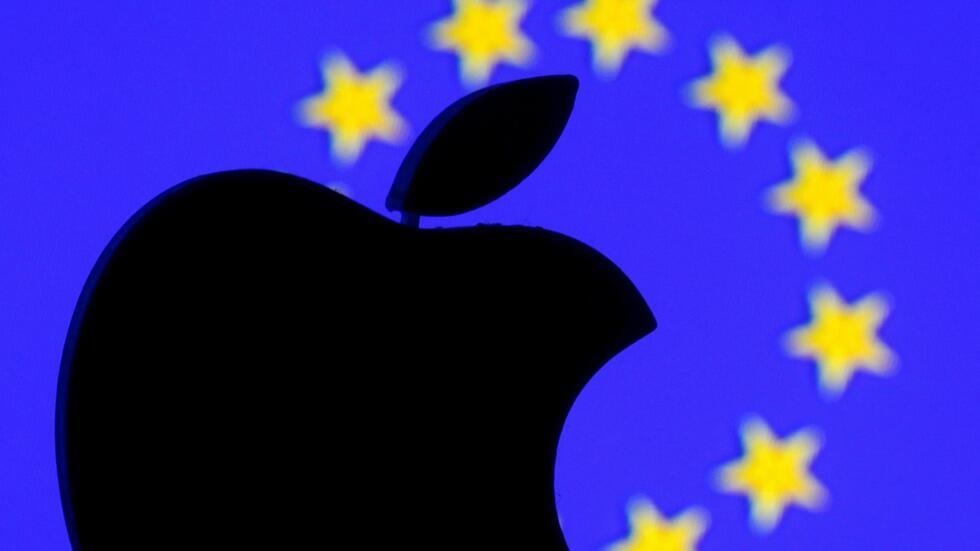Apple is under pressure to comply with the European Union’s Digital Markets Act (DMA), as the European Commission initiated two proceedings aimed at ensuring the tech giant adheres to new rules regarding cross-device interoperability and third-party access to its iOS and iPadOS operating systems.
These regulations are part of broader efforts to ensure that large technology companies, designated as gatekeepers under the DMA, provide open and fair digital marketplaces.
Improving Connectivity Between iOS and Third-Party Devices
The first proceeding centers on the need for better interoperability between iOS devices and non-Apple connected devices, such as smartwatches, headphones, and virtual reality headsets. The European Commission emphasized that manufacturers of these devices rely heavily on seamless connectivity with smartphones and their operating systems, which Apple has been slow to facilitate.
Specifically, the Commission wants Apple to improve:
- Device pairing between iOS devices and third-party wearables
- Notification systems for non-Apple devices to receive alerts from iPhones
- Overall connectivity between iOS and non-Apple connected devices
The current level of integration, which favors Apple’s own devices, is considered insufficient under the new regulations.
Third-Party Developers Seek Easier Integration with iOS
The second proceeding is aimed at Apple’s approach to third-party developer access for iOS and iPadOS. Currently, third-party developers face significant hurdles in integrating their apps with Apple’s features. The European Commission is calling for improvements in the following areas:
- Transparency in how Apple handles requests from developers
- Timeliness in responding to third-party developer requests
- Fairness in providing access to features like Siri and Apple Pay
The Commission’s goal is to ensure that developers can work with Apple’s ecosystem more easily and without the current limitations imposed by the company.
European Commission Executive Vice-President for competition policy Margrethe Vestager stated that this is the first time the DMA’s specification proceedings are being used to address Apple’s compliance. She highlighted that the proceedings aim to guide Apple through a “constructive dialogue” to ensure the company meets its obligations for interoperability. Vestager stressed the importance of ensuring that Apple’s systems remain fair and open, and that the measures adopted will provide clarity for developers, third-party businesses, and Apple itself. The Commission will continue consulting with Apple and other stakeholders to ensure the proposed solutions meet the needs of all parties involved.
If Apple does not comply with these proceedings within six months, the potential consequences of non-compliance include:
- Significant financial penalties of up to 10% of Apple’s global revenue
- Further investigations by the European Commission into Apple’s practices
- Increased regulatory scrutiny on Apple’s operations within the European market
Apple has already made several concessions due to the DMA’s impact. The company has opened its iOS platform to third-party app stores, allowing developers to bypass the official Apple App Store, which previously had an exclusive grip on iOS apps. Furthermore, Apple has enabled developers to access the NFC (Near Field Communication) technology on its devices. However, some features, like Apple Intelligence, iPhone Mirroring on Mac, and SharePlay Screen Sharing, have been withheld from European users, raising concerns about the balance between compliance and user experience.
In response to these new proceedings, Apple told Bloomberg that it is working on solutions to provide developers with increased interoperability while maintaining its commitment to user security. Apple argued that opening up too much access could compromise the safety of its systems, particularly in Europe, where regulatory scrutiny has intensified. Despite these concerns, the company has made efforts in recent months to align with the DMA, including making several adjustments to its App Store practices and developer policies.
The Commission’s latest action follows its preliminary findings from an investigation in June, which found that Apple was in breach of DMA rules. At the time, Apple had been restricting developers from informing users about alternative payment methods outside of the Apple ecosystem. In response, the company made changes to comply with the DMA, though these adjustments have not fully satisfied European regulators.
The stakes for Apple are high as the DMA continues to reshape how Big Tech companies like Apple operate within the EU. The next six months will be critical as Apple navigates the specific measures imposed by the Commission. Failure to do so could result in significant financial penalties and further regulatory challenges.











